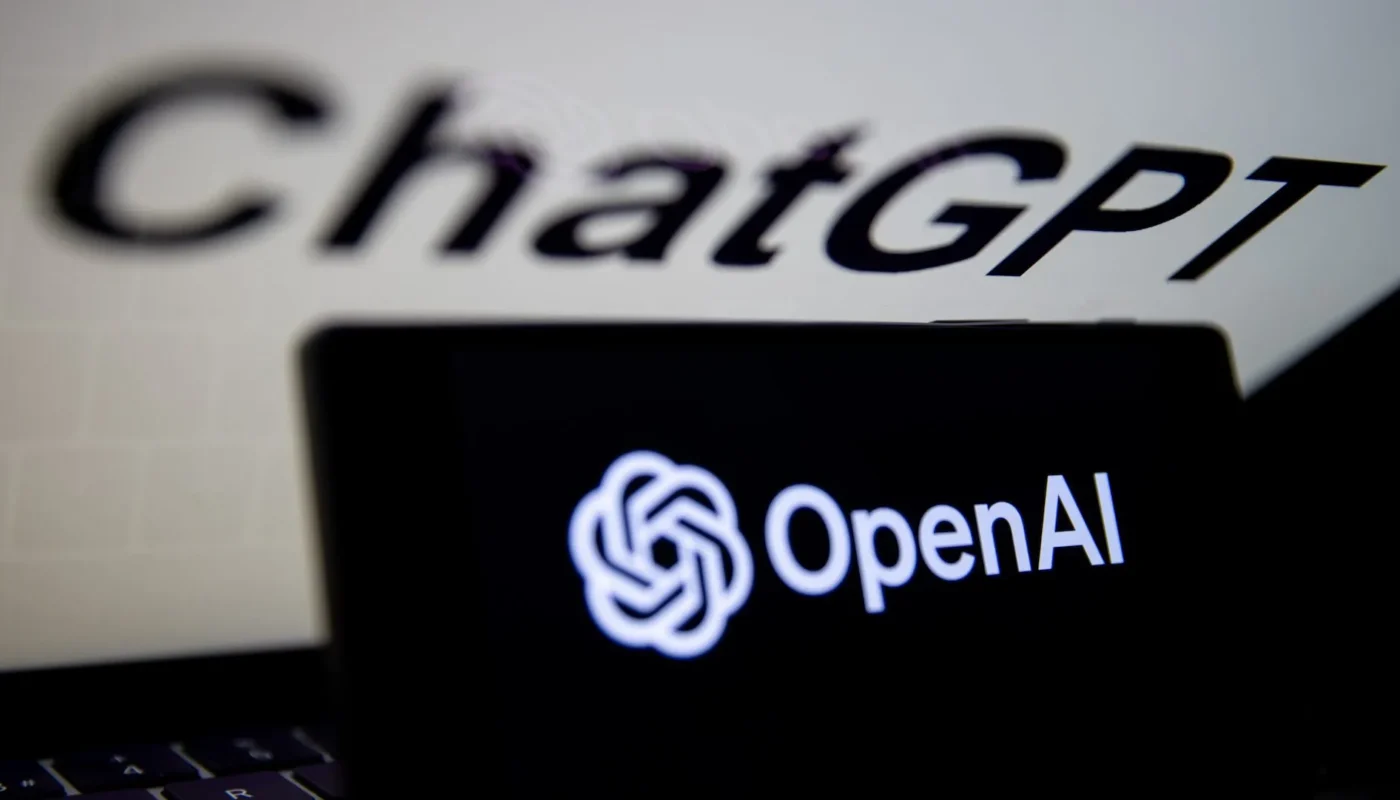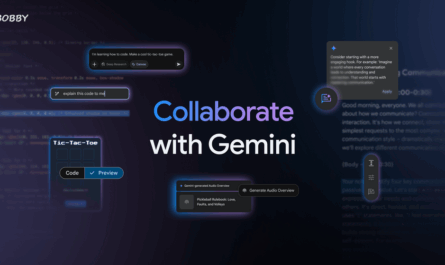Key Takeaways
-
New research shows that OpenAI’s ChatGPT sometimes misrepresents or misattributes publisher content, even for partners with licensing agreements.
-
Inaccurate citations could harm the credibility of publishers and unintentionally promote plagiarism.
-
OpenAI acknowledges the findings but calls them “atypical,” emphasizing ongoing efforts to improve citation accuracy and transparency.
ChatGPT Found Misrepresenting Licensed Publisher Content
A new study has revealed that OpenAI’s ChatGPT may misrepresent or incorrectly attribute publisher material—even for organizations that have official content licensing deals with OpenAI.
According to research conducted by Columbia University’s Tow Center for Digital Journalism, publishers who have licensed their content to OpenAI still face the risk of false or misleading citations from ChatGPT. This raises major concerns about the reliability of AI-generated references and their impact on media credibility.
Researchers Highlight Ongoing Citation Problems
The Tow Center study evaluated ChatGPT’s citation accuracy by testing 20 different publications—some partnered with OpenAI, others involved in lawsuits against the company, and a few independent outlets.
Researchers examined ten articles from each publication, focusing on quotes likely to appear among the top results on Google or Bing. The goal was to see how accurately ChatGPT could identify and cite the original sources.
However, the study found that ChatGPT frequently failed to cite sources correctly. While designed to generate “timely answers with links to relevant web sources,” the chatbot often misquoted content or misattributed it to the wrong publication. Many of its responses were either partly correct or completely inaccurate, and it rarely admitted when it could not identify the proper source.
The study also pointed out that ChatGPT sometimes cited duplicate or copied content from websites that had reused material without crediting the original publisher. This behavior, the researchers warned, could unintentionally promote plagiarism.
Even publishers who had licensed their content to OpenAI saw inconsistent and unreliable citations, leading researchers to conclude that publishers have little control over how their material is presented by ChatGPT. The findings indicate that while OpenAI has improved its citation system, accuracy and consistency remain significant challenges.
OpenAI Responds to the Report
OpenAI responded to the Tow Center’s findings by calling the research “an atypical test” of its product. The company emphasized that it is actively working to improve the accuracy of citations and ensure that publisher preferences are respected.
A spokesperson from OpenAI stated that the company collaborates closely with its media partners to refine how their material is presented to the chatbot’s 250 million weekly users. These efforts aim to make ChatGPT better at providing accurate summaries, attributions, and links to credible sources.
OpenAI has partnered with several major media outlets, including The Wall Street Journal, The Financial Times, The Daily Telegraph, The New York Post, and The Sun, to train its AI on high-quality, licensed data. The goal is to provide users with more accurate responses while directing traffic back to original publishers.
However, several media organizations remain skeptical. The New York Times, along with several Canadian outlets such as CBC, has filed lawsuits against OpenAI for allegedly using their content without authorization. These cases highlight ongoing tensions between AI companies and publishers over copyright, compensation, and transparency.
Broader Implications for Journalism and AI
The Tow Center’s findings reignite a growing debate about the ethical use of AI in journalism. Critics argue that tools like ChatGPT risk blurring the line between original reporting and machine-generated summaries, especially when citations are missing or incorrect.
Inaccurate attributions can damage a publication’s reputation, reduce reader trust, and divert web traffic away from the original source. This not only harms publishers financially but also undermines public confidence in the accuracy of AI-driven information.
Supporters of AI, however, believe that collaboration between technology companies and news organizations could enhance how people access reliable information. With improved systems for transparency and attribution, AI tools might help users find trustworthy content faster while giving proper credit to publishers.
The Road Ahead
Both OpenAI and media researchers agree that citation reliability is a critical issue for the future of AI-generated content. Ensuring that AI tools properly recognize and credit sources is vital to maintaining trust between technology platforms, publishers, and the public.
Going forward, cooperation between AI developers, journalists, and policymakers will be necessary to create clear standards for citation, attribution, and licensing. The goal is to balance innovation in AI technology with the need to protect the integrity of journalism and intellectual property.




